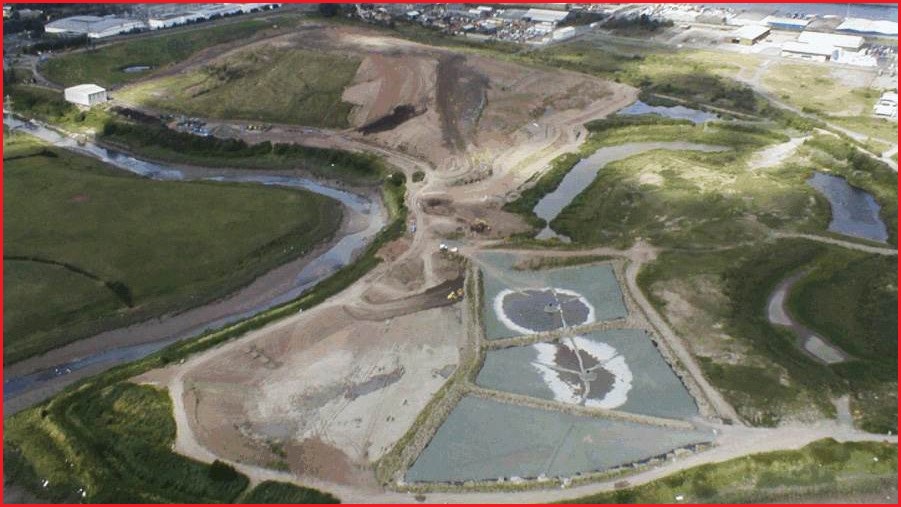A UK judge has dismissed a man’s wish to dig up a hard drive containing the key to a Bitcoin fortune worth some $1.2 billion (£600 million), which is believed to be sitting in landfill.
James Howells, a computer expert and early Bitcoin miner, told a court last week that in 2013 his former girlfriend mistakenly binned the hard drive, which purportedly contained the private key to some 8,000 Bitcoin.
Arguing the device had been sitting in a dump in the Welsh city of Newport for over a decade, Howells sought an order for the city council to either deliver the drive or allow a team of experts to excavate the landfill to find it.
Newport City Council, however, succeeded in striking out Howell’s claim after the High Court’s Judge Keyser KC said there were no “reasonable grounds” for bringing the case forward.
“I also consider that the claim would have no realistic prospect of succeeding if it went to trial,” Keyser wrote in a Thursday judgement.
A billion-dollar needle in a haystack
Speaking with Information Age, Howells detailed a decade-long saga of pleading with Newport City Council to cooperate with his retrieval efforts, all the while watching the value of Bitcoin gradually skyrocket.
“It’s been daily bloody torture, to be honest with you,” he said.
Howells recounted that in November 2013 — about three months after losing the hard drive, and a period when Bitcoin saw a historic gain in value — he visited the landfill site and raised the issue with the head of operations.
“I briefly explained the situation to him; there was 10 million pounds [worth of Bitcoin, at that time] on a hard drive out there,” said Howells.
“He was a bit of an old chap who wasn’t of a technical background, so you can imagine how it came across.
“Still, he did take me seriously.”

The Docksway Landfill in Newport, Wales, where the hard drive was buried in 2013. Photo: Stantec / Supplied
Although excavation efforts were possible in certain police investigations, Howells was told his request was a “very tall order” that would need to be raised with Newport City Council — who “simply did not want to know”, according to Howells.
Despite having broached multiple council leaders over the years — offering avenues for insurance, external financing and expert consultation — his retrieval efforts were repeatedly dismissed, he said.
“That had been the situation since 2013, all the way up to 2024,” Howells said.
“The very last option, after so long, was to pursue legal action.”
Who owns the hard drive?
Howells told the court that during an office cleanup in 2013, the hard drive was mistaken for a blank drive, placed into some bin-liner bags, and later brought to the tip by Howells’s former partner.
While Howells stressed the hard drive was taken from his home without his permission or consent, Judge Keyser KC ultimately accepted the council’s argument that it owned the physical hard drive in landfill.
Shy of gaining entitlement to the hard drive, Howells sought ownership of the data itself — a move which he said would enable him to tokenise his dormant Bitcoin and ultimately utilise its value.
Using some colourful language, Howells told Information Age that although Newport City Council were “happy” for him to assert ownership over the Bitcoin, the judge refused to sign off on such a measure.
“They gave me something and then snatched it away at the last second,” Howells said.
Court documents show Howells alternatively sought “compensation equivalent to the value of the Bitcoin that he can no longer access”, though this too was dismissed.
When asked what he would do following the court outcome, Howells said he would have to “reassess over the next few weeks”.
“The story has sort of come to an end now, but the Bitcoin is still there, the price is going to continue to go up,” he said.
“I’ll try and come up with something – I’ll never give up.”










